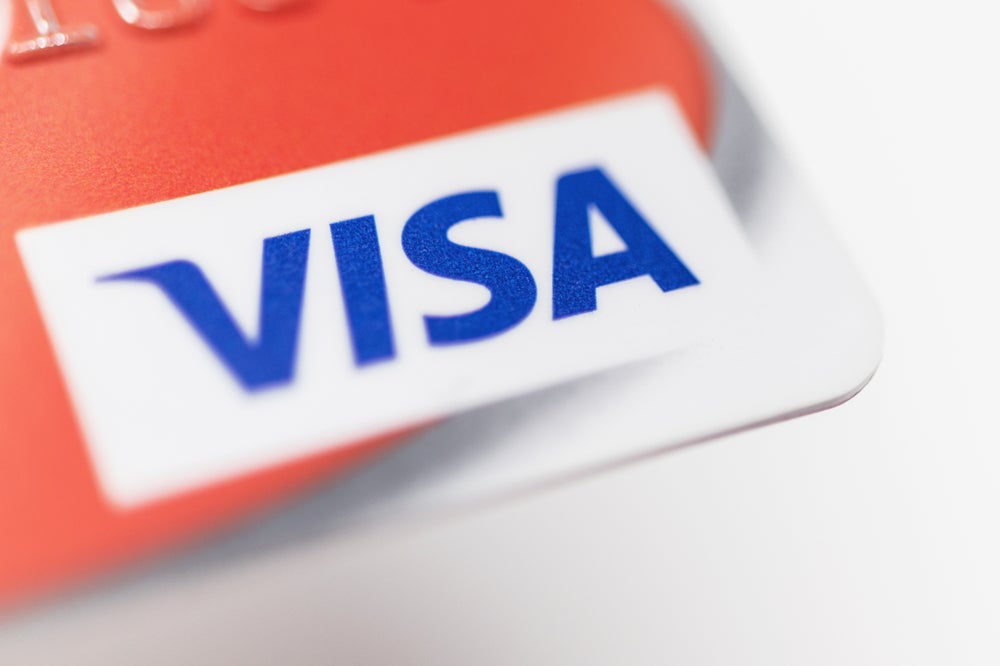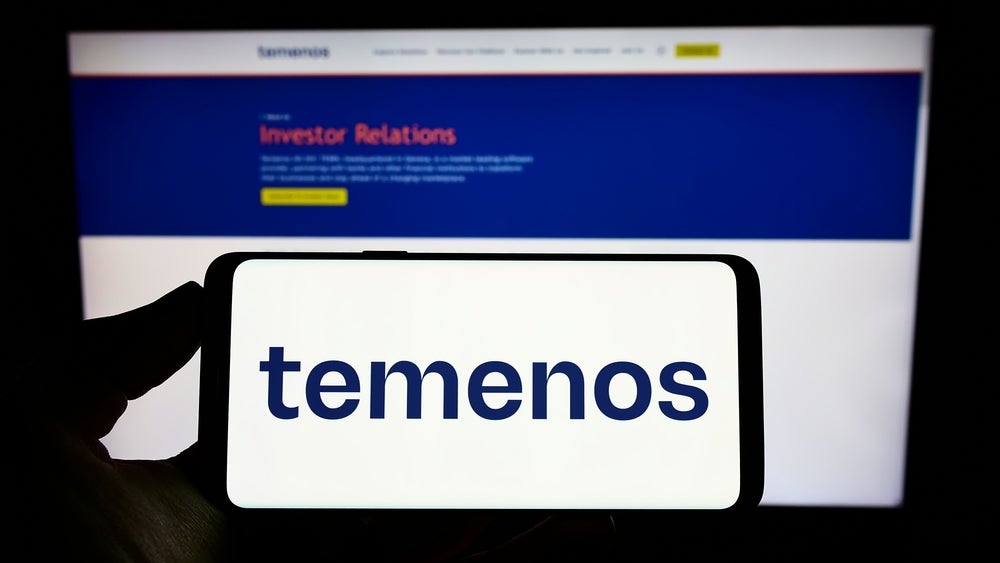Visa Inc has defied difficult conditions in the
financial markets by unveiling details of an initial public
offering (IPO) that will be the biggest in US history.
In its statement to the US Securities and
Exchange Commission (SEC), the agency that administers the
country’s securities laws, Visa says the flotation could be worth
$18.8 billion. The offering calls for Visa to sell 406 million
Class A shares at $37 to $42 each, for proceeds of $15 billion to
$17.1 billion. Visa said it might sell another 40.6 million shares
to meet demand.
Even if the shares trade at the lower end of
expectations, the IPO will be the US’s biggest, ahead of AT&T
Wireless Services’ $10.6 billion offering in April 2000. The IPO
would also be the second-biggest ever, behind Industrial and
Commercial Bank of China’s $21.9 billion flotation in 2006.
confirmed by Visa, but is widely expected to take place in the
second half of March. The timing issue may also be critical.
Planned IPOs worth more than $21bn have been pulled from the global
market in the first two months of 2008 according to Thomson
Financial, underlining the degree to which the credit market
turmoil is hurting investor appetite.
Strong growth for networks
The IPO, which does not include Visa Europe, values the business at
over $30 billion and demonstrates the resilience of card networks
in an uncertain financial climate. While bank and credit card
company profits have been hit, the continuing shift from cash and
cheques to card-based payments has seen networks, particularly Visa
and MasterCard, maintain relatively strong growth. While bank share
prices have declined in the US since mid-2007 by around a quarter,
MasterCard’s share price has risen by a similar amount.
How well do you really know your competitors?
Access the most comprehensive Company Profiles on the market, powered by GlobalData. Save hours of research. Gain competitive edge.

Thank you!
Your download email will arrive shortly
Not ready to buy yet? Download a free sample
We are confident about the unique quality of our Company Profiles. However, we want you to make the most beneficial decision for your business, so we offer a free sample that you can download by submitting the below form
By GlobalDataspecialist at consultancy AT Kearney, told CI: “Most other
stocks are suffering from the potential recession in the US, with
its cascading effects on the world’s economy and the effects of the
credit crunch on some companies’ performance – mainly in financial
services. Expectations are being driven by MasterCard performance
since its IPO.”
IPO in May 2006, its share price has leapt from $39 per share to
$227, an increase of over 480 percent. It has consistently
delivered double-digit growth quarter-on-quarter.
The MasterCard example
MasterCard’s IPO example is heavily influencing the Visa IPO. Visa
believes that MasterCard set its IPO price too low and are tying
their offering not to what MasterCard sold for two years ago, but
rather to where MasterCard stock stands today. Visa’s indicated IPO
share price would value it at about the same as the roughly 22
times earnings that MasterCard stock sells for now. Visa’s IPO will
be thus be more expensive than MasterCard’s – increasingly so, and
correspondingly more risky if the IPO price were to climb above the
indicated range.
approximately 13,300 banks and financial companies that own Visa,
whose balance sheets will receive much-needed boost from the
proceeds of the IPO. Visa’s member banks are expected to share a
$10.2 billion kitty of net proceeds culminating from Visa’s
redemption of shares held by its members. Some of Visa’s biggest
members, including JPMorgan and Bank of America, will benefit from
being chosen for the lucrative business of underwriting the
offer.
banks to address funding constraints and will provide Visa with
resources required to step up its competition with
MasterCard.”
IPO, and one the biggest concerns to potential investors, is the
litigation Visa faces. Visa will set aside $3 billion of the
proceeds of the IPO for ongoing legal action in the pipeline. In
November, it settled an anti-trust dispute with American Express
for $2.25 billion, and it faces further antitrust litigation from
Discover, as well as lawsuits from retailers, several of which have
accused Visa and MasterCard of price-fixing.
over its interchange fees. These have been capped in Australia,
while the European Commission recently ruled MasterCard’s
cross-border interchange fee illegal.







